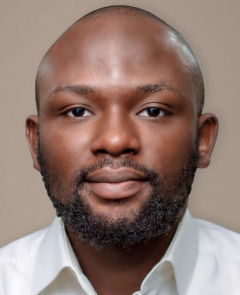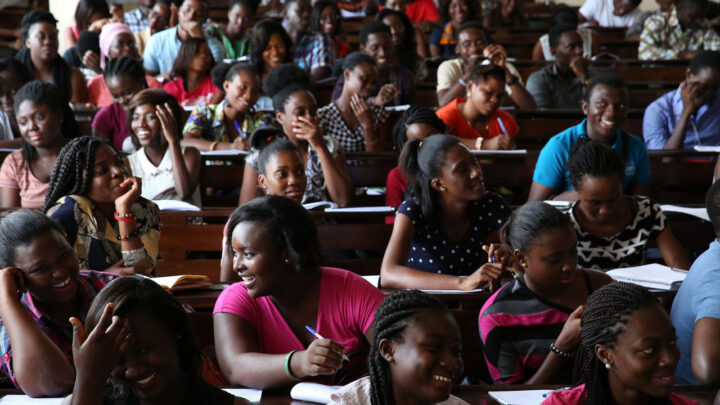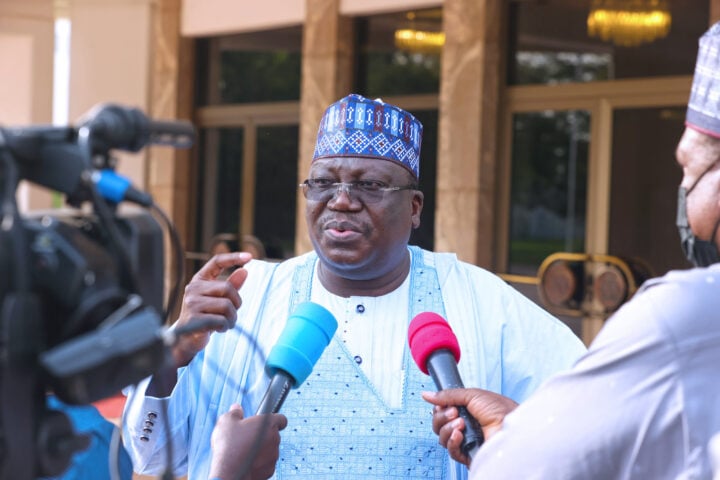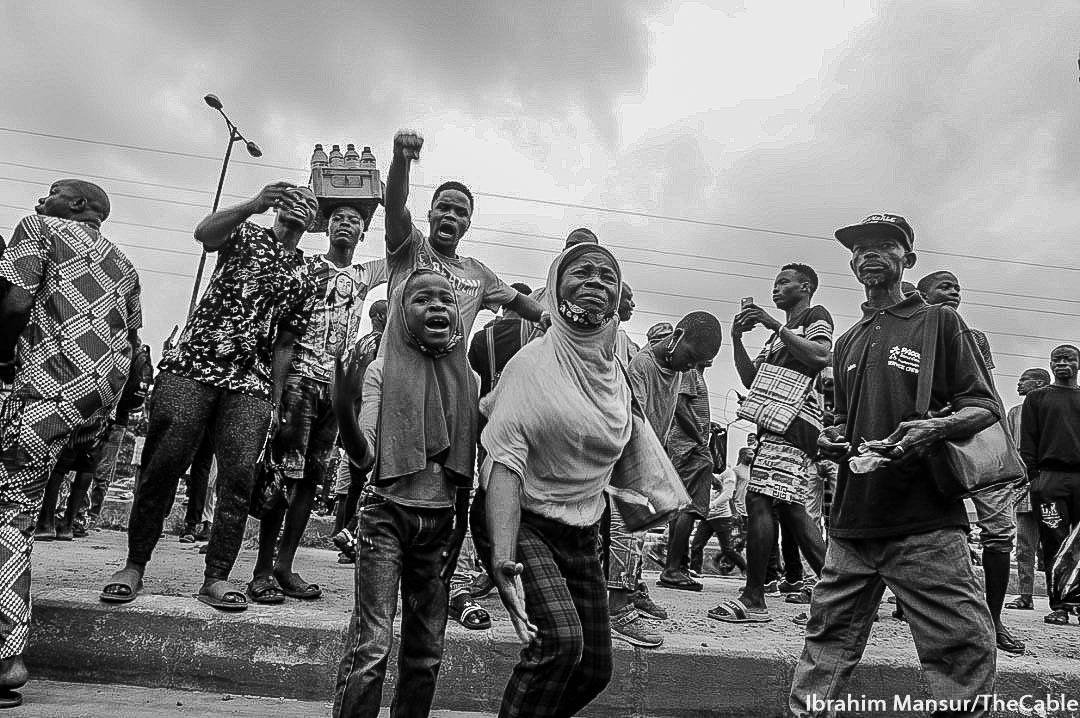An illustrative photo of university students.
Nigeria is a country of many contradictions, almost everywhere you turn, there is something that just does not add up. For a long time, it is this illogic that has underpinned our policies and national life. What is however confounding is that, even when there is a consensus on what is expectedly the way forward, there is either a lack of political will, courage, or the outright complicity of the political class.
Take the petrol subsidy for example, which is expected to take about N2.55 trillion this year alone, that is about half of Nigeria’s total revenue in 2021, by the time you consider the N3.8 trillion that is also expected to be expended on debt servicing, it is easy to conclude that Nigeria is spending if not all its revenue on petrol subsidy and debt servicing. This is even at a time, when we all agree, that the petrol subsidy is no longer sustainable, but the government has continued to dither and can hardly muster the courage that is required at a time like this. Contradiction.
In addition to the petrol subsidy, the government is also currently subsidizing either in part or fully, agriculture, health, and education. I have written extensively on education in the past, this is because I have a conscious awareness of what we can achieve, as a nation if we can get both basic and higher education right, it is the most sustainable way to reduce poverty and create shared prosperity, but events like the ongoing ASUU strike, which is the 17th time, since 1999 continue to cast a dark cloud on the suitability and sustainability of our higher education.
At the centre of the strike debacle, is the funding of higher education and the role of government. The primary reason for this contradiction is that Nigeria currently spends more than four times on higher education than it spends on basic education. But despite this funding, it has remained insufficient and ineffective, so much that between 90-95% of budget allocation to tertiary institutions are spent on personnel cost, there is therefore hardly anything left for research and innovation which should be the raison d’etre of tertiary education.
Advertisement
Nigeria is perhaps the only country, where it is more expensive to access basic education than it is to get a higher education, whereas, in other parts of the world, the emphasis is on free and compulsory basic education, because it is this level of education that provide students with, literacy, numeracy, and critical thinking skills, which are the core objective of learning. Higher education is not a right and should presumably not be tuition-free, the challenge, however, is that the government over the years has decided to subsidize higher education as an attempt to cover up the failure of our basic, post-basic, and senior secondary education to meet its objectives.
When you look at our higher education model, nobody appears to be benefitting, neither the government, parents nor the students are benefitting from the present arrangement because matter of factly, what is the essence of an education that is free, but lacks the quality that should prepare graduates for the future of jobs?
To situate the current challenge within the right context, there are at least three existential issues, the first, is the feeding bottle financing arrangement for public higher institutions which has made higher institutions heavily dependent on government, the other one is our flawed model which places funding priority on higher education than basic education, and ultimately the political courage that is required to implement the necessary reforms that are critical to reimagining higher education funding in Nigeria.
Advertisement
Tunde Rahmon Bello, the former vice-chancellor of the University of Lagos, has been widely referenced, for his categorisation of funding sources for universities. According to Bello, the five key funding sources for a university include proprietor’s fund, endowments, research, and innovation grants and, investments and businesses. However, Nigerian public universities draw their funding majorly from the proprietor’s fund, in this instance the government. This has created what I earlier described as a feeding bottle financing arrangement, overreliance, and overdependence on the government when the other funding sources have been left untapped.
A simple fact that we can all agree on is that the funding of public universities by the government, is no longer sustainable and does not conform with global practice on higher education financing, this is a simple truth and bitter reality, no matter how uncomfortable it may sound. Our public universities must be allowed some level of autonomy to be self-governing.
The question then would be how we can reimagine higher education funding in Nigeria to the point that it can be sustainable and deliver the expected outcome? Fundamentally, the solution is not entirely standalone or isolated from the broader challenge. My point is that we must start by bringing our post basic and senior secondary education to the point where the products can become valuable, this would mean that we must reform our education to the point where every young school leaver does not necessarily need a university education as a minimum requirement to access opportunities. This would have addressed the pressure on both the students, parents, and even the universities, I also think this would also create a greater sense of purpose for anyone who is willing to attend a university.
The universities on full autonomy must be compelled to explore funding options such as endowments, research, innovation grants, investments, and businesses, I am convinced that if the universities can be self-governing, they can be considerably self-sustaining. However, the government can repurpose part of the funding directly to students, through merit-based scholarships and state-backed loans.
Advertisement
Going forward, one thing we all must acknowledge is that, if we must end the strike debacle and reimagine our higher education for the future of jobs, the present funding model for higher education in Nigeria must change.
Views expressed by contributors are strictly personal and not of TheCable.







